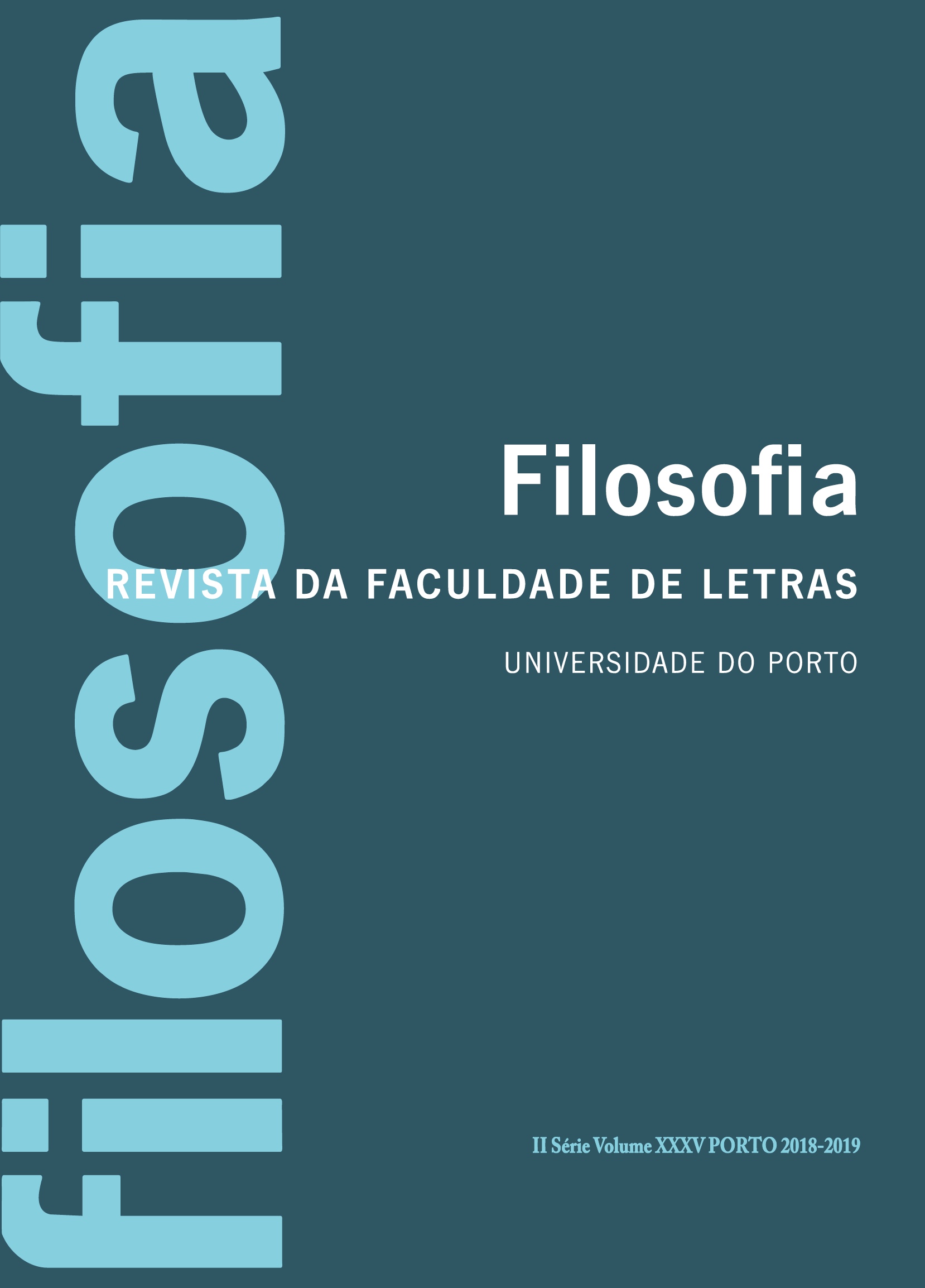The Consequences of Misology. Socrates’ Apology of Discourse in the Phaedo
Resumo
In this article we examine the Phaedo section on misology. Socrates tries to identify the nature and origin of μισολογία, as well as its ruinous consequences for the philosophical life. Μισολογία has a disastrous effect on philosophical life, because it consists in hatred of argument and therefore bears the power to undermine the confidence in λόγοι which is the very basis of life devoted to philosophy. Since philosophy is based upon confidence in λόγοι and could consequently be termed a kind of φιλολογία, hatred of argument or μισολογία can be equated with hatred of philosophy. Socrates endeavours to protect philosophy against the dangers of μισολογία. He does this by showing that confidence in λόγοι is the only way to conduct a meaningful life: the philosophical life. He performs an apology for λόγοι, which is an apology for philosophy and a fortiori for his own life: the life of a true φιλόλογος.
Keywords: arguments, misology, Phaedo, philology, Plato.
Downloads
Publicado
Edição
Secção
Licença
Direitos de Autor (c) 2021 Paulo Alexandre Lima

Este trabalho encontra-se publicado com a Licença Internacional Creative Commons Atribuição-NãoComercial-SemDerivações 4.0.







